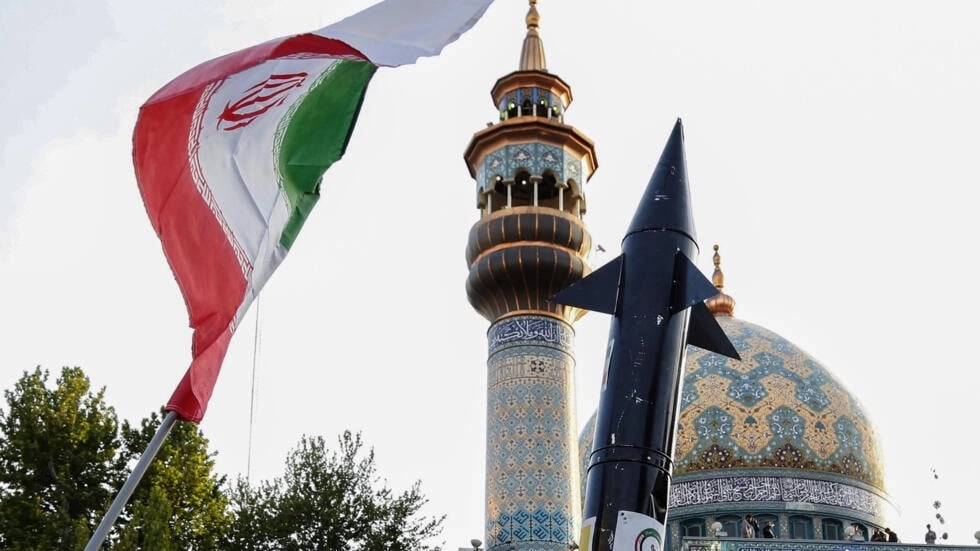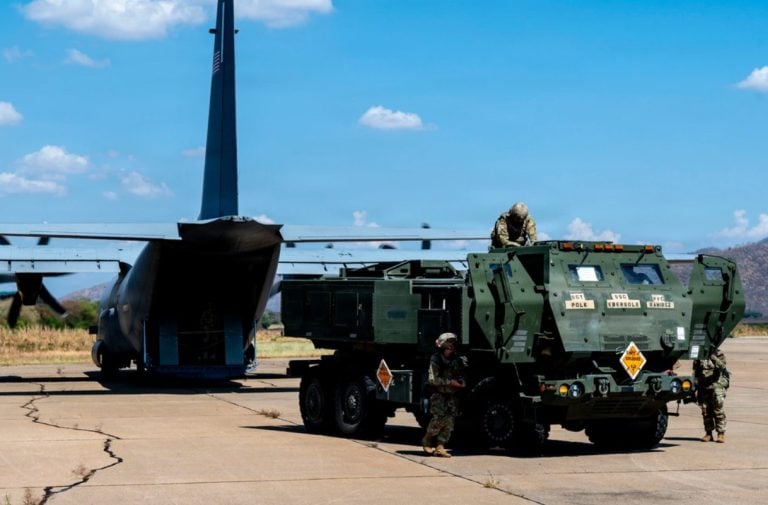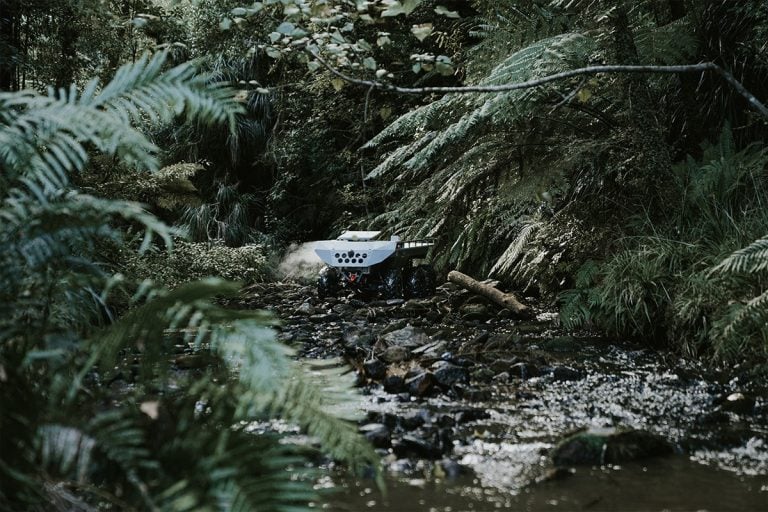Iran’s production of highly enriched uranium has significantly increased, with a recent report from the International Atomic Energy Agency (IAEA) indicating that the stockpile has risen sharply. As of May 17, Iran reportedly has approximately 408.6 kilograms (901 pounds) of uranium enriched to up to 60 percent, a rise of 133.8 kilograms (295 pounds) since February. This level of enrichment is perilously close to the roughly 90 percent threshold required for producing nuclear weapons.
The IAEA report reveals that Iran’s total amount of enriched uranium exceeds the limits established in the 2015 nuclear agreement by over 45 times, totaling around 9,247.6 kilograms (20,387 pounds). The agency expressed serious concerns over Iran becoming the only non-nuclear weapon state to produce such material. In a separate section of the report, the IAEA criticized Iran for its “less than satisfactory” cooperation regarding scrutiny of its nuclear program, particularly the lack of transparency about nuclear material found at undeclared sites.
Amid these developments, Iranian Foreign Minister Abbas Araghchi asserted Tehran’s position that nuclear weapons are “unacceptable.” Speaking in a televised address, Araghchi stated, “If the issue is nuclear weapons, yes, we too consider this type of weapon unacceptable. We agree with them on this issue,” likely referencing sentiments shared among international critics.
The report comes at a time when Iran is engaged in delicate negotiations with the United States over its nuclear program. Western nations have long harbored suspicions that Iran is striving to develop nuclear capabilities, particularly in response to Israel’s suspected nuclear arsenal. Following the IAEA’s findings, Israeli officials accused Iran of being “totally determined” to acquire nuclear weapons, asserting that the level of enrichment seen is only found in nations actively pursuing such armaments with no civilian justification.
In contrast, Araghchi emphasized Iran’s stance in the ongoing talks with the U.S., expressing skepticism about media speculation regarding imminent agreements. Five rounds of negotiations have taken place in efforts to replace the 2015 deal abandoned by former U.S. President Donald Trump in 2018. While no date for the next round of talks has been confirmed, Araghchi did indicate that an announcement may come soon from Oman, the mediator in these discussions.
Despite the tensions, Trump described ongoing discussions with Iran as “very good,” and recently warned Israeli Prime Minister Benjamin Netanyahu against launching military strikes on Iranian nuclear facilities at this juncture. While Israel has threatened military action in the past, Trump commented that Israel should lead any such initiatives rather than the United States.
Iran’s enrichment activities have notably escalated since the U.S. withdrew from the nuclear agreement and imposed stringent sanctions—a move that Iran initially attempted to counter by adhering to the agreement’s terms for a year. However, Tehran gradually began to roll back its compliance, leading to the current situation where it holds the largest stockpile of highly enriched uranium among states without a nuclear arsenal.
In light of potential agreement developments, Iran has indicated it might allow American inspectors from the IAEA to join monitoring efforts, contingent upon an agreement that accommodates Iran’s demands, according to its nuclear chief, Mohammad Eslami.







